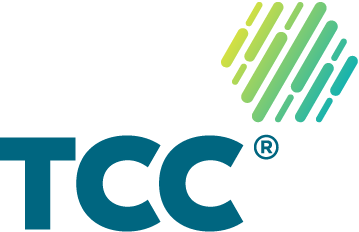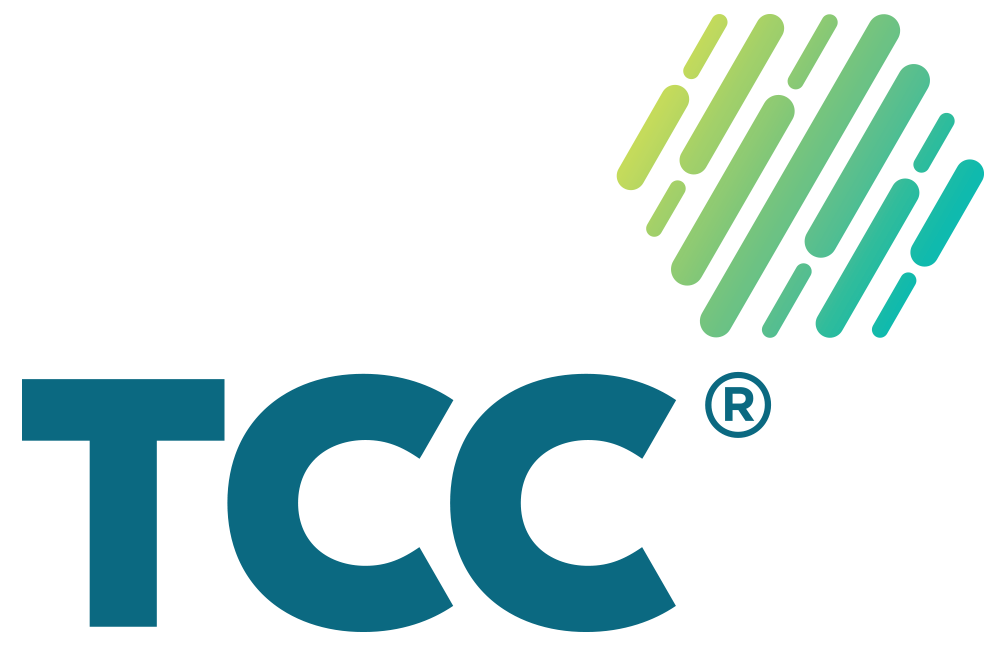Taking the initial steps to SMCR compliance
Many firms have started their program or are in early stages of preparations, but it’s not too late to take the initial steps towards SMCR compliance.
On 9th December 2019, in just over a year’s time, the wider UK financial services industry will be required to implement the Senior Managers and Certification regime (SMCR). This is a fundamental regulatory change that gets to the heart of the leadership, conduct, culture, accountability and governance of a firm.
What is SMCR?
SMCR is the extension of the Senior Mangers Regime (SMR) and Senior Insurance Manger Regime (SIMR) to all other sectors. It builds on the current approved person’s regime (APER) by ensuring that Senior Managers have clearly defined responsibilities and accountabilities.
In reality this becomes much more than a box-ticking exercise. The FCA expects Senior Managers to be fit and proper persons, with the relevant skills and knowledge to perform their duties and be personally accountable for the areas they have oversight of. Fitness and probity are not absolute assessments and it is likely that this will be an ongoing area of development for firms, with training and competency frameworks needing to factor in the SMCR requirements.
The Senior Manager’s regime covers those with overall responsibility for business activities, key decision makers, some material risk takers, customer-facing and senior management roles. Other roles are likely to come under the certification regime.
The key question is: what is new?
- Firms need to confirm which category of the regime they come under: Core, Enhanced or Limited. This will impact the number of Senior Manager Functions (SMFs) and the next steps. Core and Enhanced firms should set out delegations of responsibilities, even if a Management Responsibilities Map (MRM) is not required.
- Senior Managers need to be approved by the regulator.
- Certified staff must be assessed, at least annually, to determine their fitness and competence in relation to their role.
- There are specific prescribed responsibilities that are expected to be attributed to Senior Managers and each Senior Manager is expected to maintain an up-to-date Statement of Responsibilities (SoR).
- The biggest changes are the conduct rules which underpin SMCR. These are minimum standards of behaviour individuals are expected to meet and will enable the FCA to determine where individuals may have breached the rules in relation to their responsibilities. The burden of proof will be on the FCA to show that the Senior Manager didn’t take the steps that they would have reasonably expected to take to prevent the breach occurring or persisting.
When is a good time to start?
Starting the necessary change programme 12 months in advance is sensible given that the FCA requirements are near final and not expected to change. For firms that haven’t started their preparations, it’s not too late, but it’s important not to put this off any further as the FCA is starting to take steps to understand the state of market preparedness.
To begin their journey to SMCR compliance, firms need to:
- Map the Senior Managers within the firm, from the top down and identify where responsibility for each area lies
- Assess the transparency and effectiveness of governance arrangements to ensure they meet FCA expectations around customer-centricity and individual accountability
- Identify policy and procedural gaps.
The practical implications of the regime
At first the regime may not seem particularly different to APER. However, while APER concentrated on the apportionment of roles/functions, SMCR covers the apportionment of responsibilities to relevant Senior Managers and certified staff. Firms may find the person who is responsible for a prescribed responsibility may not be considered a senior manager of the firm, or individuals who were once approved are now certified, such as customer facing staff and client money oversight. This can cause challenges as staff reconcile their accountability/responsibilities vs their level of authority within the firm.
The interplay between roles, responsibilities and levels of authority may mean that firms may benefit from undertaking a more detailed consideration of their current governance model to make sure this is fit for purpose for the forthcoming regime and their operating model. This is more complicated for enhanced firms or firms that overlap into the remuneration codes.
From our experience the first iteration of management responsibilities via an MRM or SOR may not provide the optimal solution for most firms. The final outcome may require a number of iterations and periods of reflection. It also might highlight areas where there are clear gaps that need to be recruited for, therefore leaving the project too late may not give firms enough time to implement SMCR properly.
Underpinning the SMCR regime is the firm’s approach to culture and conduct. SMFs will have to implement reasonable steps to ensure that staff are compliant with FCA rules. This would lead to 100% assurance or a greater focus on culture within the firm. This is particularly true where firms have many certified staff. Having a significant amount of certified staff require HR and compliance teams to undertake these assessments annually, but the culture of the firm is likely to drive behaviours between those assessment periods. Firm’s should also set an appropriate level of SMFs and certified staff in order that the whole firm is not caught within the SMCR regime. The significant changes in the employee lifecycle should also be considered to ensure there is not a static governance model that won’t work upon implementation.
Many firms have started their program or are in early stages of preparations, but it’s not too late to take the initial steps towards SMCR compliance
Our regulatory experts have experience in assisting a range of firms prepare for the requirements of the new regime. Get in touch to see how we can support your transition to SMCR today.

